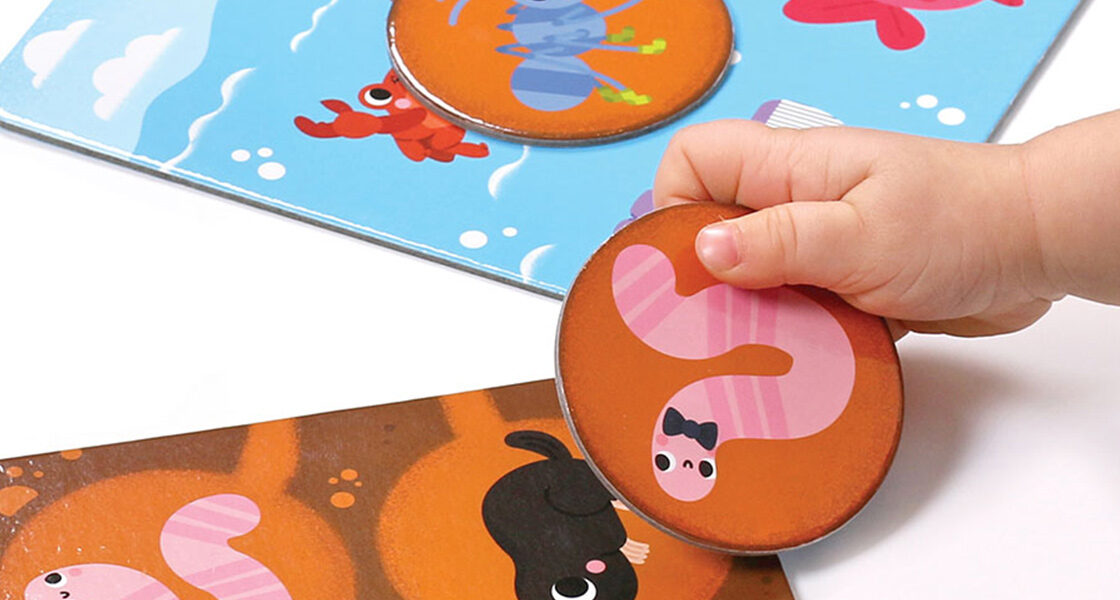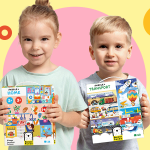Memory training fun for children
A baby’s brain is already developing in the mother’s womb, and this process continues for many years after birth. Scientists have identified several types of memory functions. One is to remember and properly process information that reaches the brain. Good memory will pay off in the future (and not only in school!), so it makes sense to support and stimulate cognitive development from an early age. We have good news: memory games can be fun!
Memory development in children
Acquiring new knowledge is the basis of learning, not only for school, but first and foremost with respect to experiencing and understanding the world, its rules and the way it functions. In order to store, categorize, and use this knowledge properly, memory is essential. After birth, babies only briefly remember what they see – most often the face of a caregiver. Although conscious remembering begins at around a year and a half, children are already storing up experiences, such as the fact that when they cry, someone comes to the rescue with a cuddle. Regularly repeated activities are easier to remember, which is why little ones like rituals and routines. An older infant learns to recognize their surroundings and the faces of parents, siblings and frequent guests, as well as begin to react when called by name. The older the child is, the better their memory develops and functions. Remember that your child learns best by imitation.
How to train a child’s memory and concentration
Engage in games and activities that comprehensively stimulate brain development. Of course, the difficulty level of the game must be adjusted to the age, skills and attention span of your child. Stimulate your toddler’s senses: listen to music, play and sing, read books, repeat and remember simple rhymes, watch pictures and illustrations, go for walks, play sports… And the best thing of all: fun is essential to training concentration and memory! Various types of activities require concentration, support logical thinking, and inspire you and your child to search for and repeat interesting information. This is a natural and exceptionally pleasant way of spending time rather than an imposed “concentration and focus exercise” or “memory improvement exercise.” For a child, play is all about fun! Moreover, familiar and favorite topics are the easiest to remember. Emotions influence this process as well – having fun makes remembering and recalling information a breeze. Don’t forget the importance of quality sleep!
Memory games and activities
What activities foster better memory and concentration in children? The first and most obvious answer is memory games! The classic memory game, well-loved by children and adults, has simple rules and can be adjusted in terms of difficulty to the age and developing skills of your child. In the case of the classic Let’s Play Animal Bingo memory game, one of the goals is to actively remember where the pieces are located. A variety of games involving puzzles are also outstanding activities for training concentration and perceptiveness (choosing the appropriate subject and number of pieces), as well as various graphomotor games. Tell stories, memorize songs and poems. In the summer, mix it up by taking your favorite puzzles, books and games to new places.

















